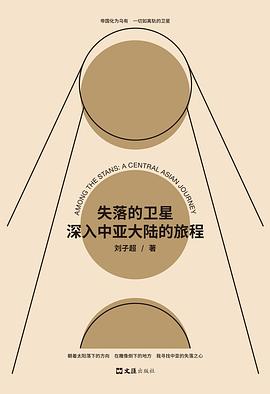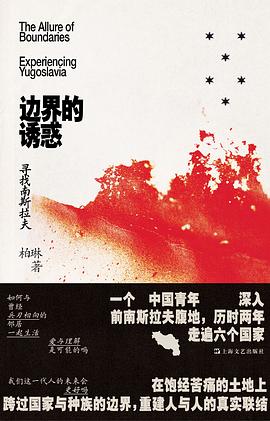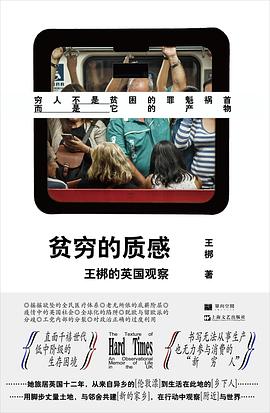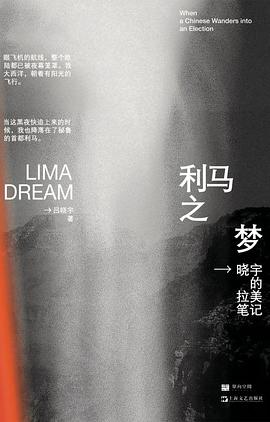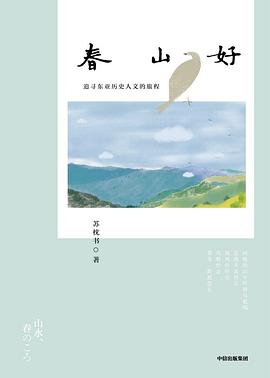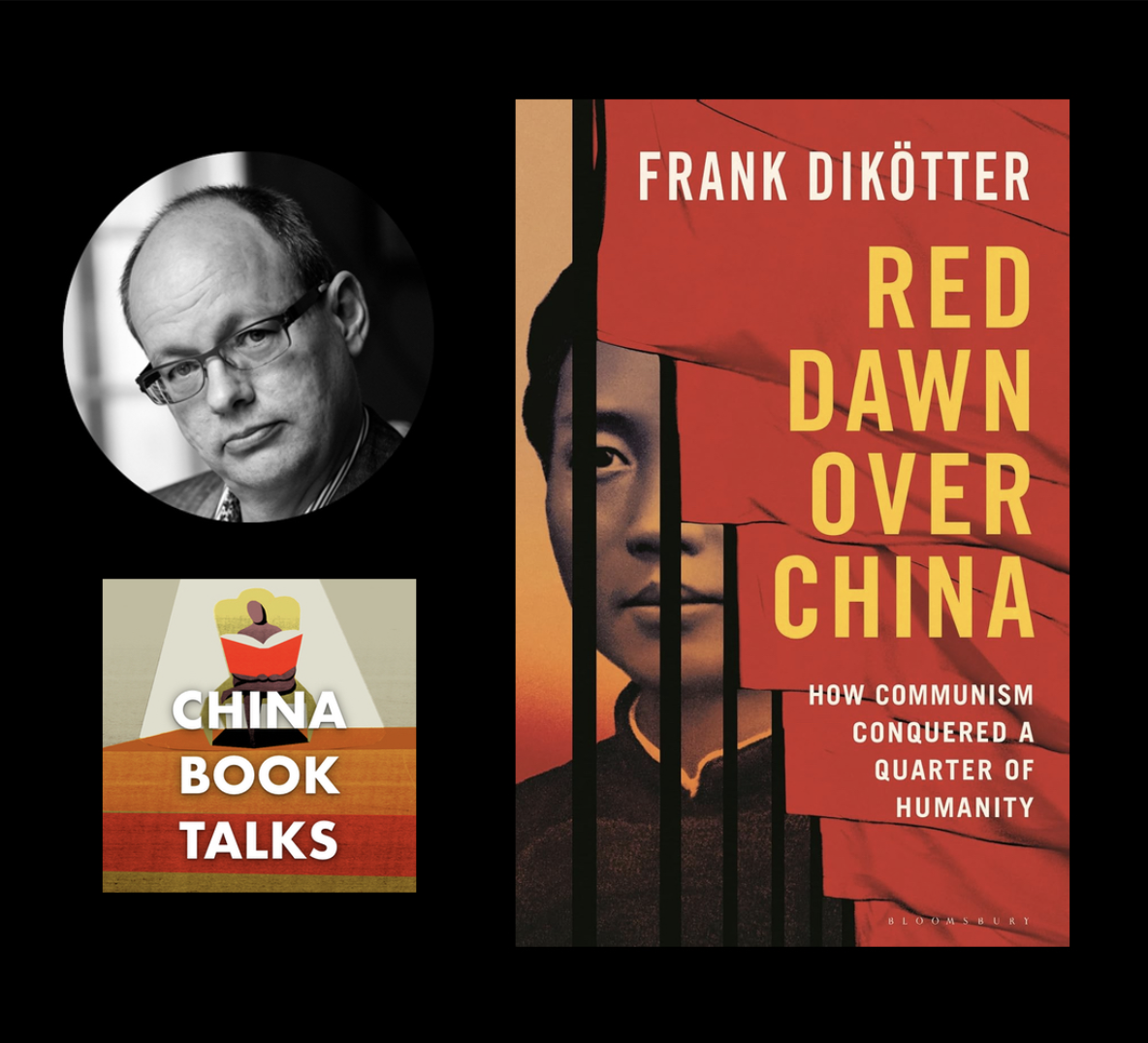Sign up for our newsletter to be notified of new posts!
Despite China’s strained relations with many other countries, more Chinese than ever are traveling abroad to visit, study, work and live. Several factors have fueled this trend: increased disposable income, the boom in tourism fed by social media, relatively looser visa policies, and aspirations for better opportunities outside of China. Until the 1990s, few Chinese could afford to move freely across borders. Now, as travelers venture into various corners of the world and interact with locals, a new kind of Chinese travel literature is emerging. Most of these works follow the tradition honed by generations of seasoned Western travel writers (some of whom chose China as their subject). This time, the observer is being observed.
This edition of the “What China’s Reading” column lists five recent titles that present different parts of the world through the eyes of Chinese authors. What drew these travelers to their destinations? How do their perspectives differ from those of Western writers? And how did their experiences change them? From Central Asia and former Yugoslavia to Peru, the U.K. and Japan, these travelers plunge into the unknown and emerge with a new understanding of their relationship with the world — and of why we travel, whether on the road or through the page.
Lost Satellites
失落的卫星
Liu Zichao (刘子超)
July 1, 2020
Wenhui Press
The nonfiction writer Liu Zichao’s travelogue about his multiple trips to Kazakhstan, the Kyrgyz Republic, Tajikistan, Turkmenistan, and Uzbekistan over nine years could be seen as an effort to continue the tradition of one of China’s earliest travel writings, the monk Xuanzang’s Records of the Western Regions (大唐西域记), completed in 646. Much has changed since Xuanzang’s visit. Liu tackles the big questions: What has happened to Central Asia and its people since the collapse of the Soviet Union? How are these five countries forging their own national identities? In what way do their paths intersect with China’s? With restraint and objectivity, Liu records what he saw on the road: the local drivers who tried to rip him off; the Uzbek who named his restaurant “Shanghai”; the young people mired in boredom and stagnation; and the Kyrgyzstan-born Russians who became “lost satellites” in the post-USSR era. A must-read for those who love Central Asia and wish to view the region through a fresh lens.
The Temptation of Borders
边界的诱惑
Bai Lin (柏琳)
February 1, 2024
Shanghai Literature & Art Publishing House
As a child, reporter Bai Lin first encountered Yugoslavia in the 1972 movie Walter Defends Sarajevo. Later, she went to see the region for herself, and her latest nonfiction book is the result of trips to former Yugoslavia from 2018 to early 2020. To Bai, Yugoslavia’s history has been a series of efforts to say “no ” — its resistance to the Ottoman Empire; its struggle against the Austro-Hungarian Empire; its anti-Nazi demonstrations of 1941; its break with the Soviet Union in 1948; and the “Non-Aligned Movement” of 1961. “This seemingly irrational energy,” Bai writes, “the courage to search for a ‘third path’ no matter how futile, ignites my life like a torch.” As she traveled through the six countries that make up former Yugoslavia, she met and befriended locals, talking with them about the past, present and future of their countries. As nationalism grows stronger around the world, this book passionately documents a reporter’s determination to confront the borders between nations and people, and tear them down, one word at a time.
The Texture of Poverty
贫穷的质感
Wang Bang (王梆)
April 1, 2022
Shanghai Literature & Art Publishing House
When Wang Bang, a Chinese reporter and documentary director, came to London in 2010, she shared a tiny apartment with six strangers, eking out a living by working as a masseuse, saleswoman, translator, and freelance writer. The experience profoundly shaped the way she approached Britain and its people. Wang’s latest nonfiction collection is about poverty in London: the squalor and indignity; the misconceptions and prejudice; its causes and potential cures. Through her volunteer work at a charity for seniors, a food bank, and a relief center for refugees, Wang befriended people who struggled financially. As a woman of color and an immigrant, she sought to understand why they held political views opposite to hers, and voted for Brexit as well as anti-immigration policies. Such perspective has become a rarity in an increasingly polarized world — it allows her writing to be political, but never didactic. With sympathy and candor, Wang has written her own Down and Out in Paris and London.
Lima Dream: When a Chinese Wanders into An Election
利马之梦
Lü Xiaoyu (吕晓宇)
August 1, 2021
Shanghai Literature & Art Publishing House
In 2015, Lü Xiaoyu, then a PhD candidate in International Politics at Oxford University, received an invitation to work on the re-election campaign of former Peruvian president Alejandro Toledo. Initially, he wondered what a Chinese scholar had to do with Peruvian politics. Curious and weary of academia, he joined the campaign. For months, Lü stayed at Toledo’s mansion in Lima, honing the candidate’s campaign slogans and assisting with marketing, including filming the candidate cut an apple in a way that demonstrated power, decisiveness and approachability. Though Toledo lost the election, Lü followed his subsequent career as a political consultant, and his disgrace when he was accused of corruption during his time in office. Lima Dream, compiled from his journal and notes during his brief time in the city, is Lü’s attempt at revisiting that experience, contemplating its meaning for all players who participated in the game of politics.
Spring Mountains Bliss
春山好
Su Zhenshu (苏枕书)
September 1, 2020
CITIC Press Group
During her early years living in Japan as an aspiring scholar, essayist Su Zhenshu strove to be a “model foreigner,” and minimized her contact with the world beyond academia. But her life in the ivory tower wasn’t immune to inherent problems in Japanese society, such as sexism, hostility toward outsiders and a rigid patriarchal hierarchy. After a fellow classmate sexually harassed her, her mental health spiraled and she was diagnosed with depression in 2017. That same year, the Japanese journalist Shiori Ito publicly accused a prominent journalist of rape, igniting the #MeToo movement in Japan. Inspired by Ito, Su reported her experience to the school, but her harasser graduated without facing any official punishment, and the school’s report was frustratingly opaque. Despite this, she was heartened to see small changes taking place around the campus as part of the wider movement. Spring Mountains Bliss is Su’s reflection on her decade of living in Kyoto, and her determination to transform the social norms around her. ∎
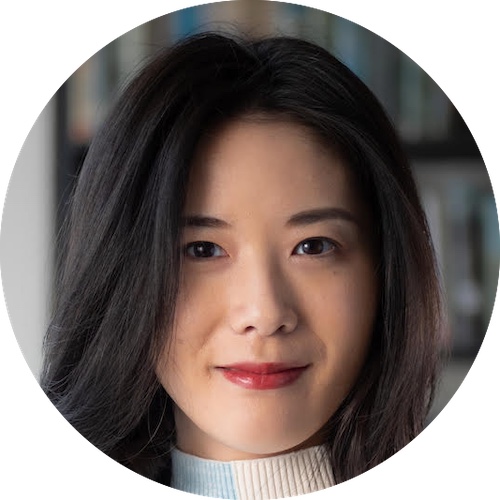
Hailing from Chengdu, Na Zhong is a New York-based fiction writer and literary translator. Her work has appeared in Guernica, A Public Space, Lit Hub and others. She co-founded the bilingual creative community, Accent Society, and co-hosts the Mandarin literary podcast 跳岛FM. Na is a 2021-2022 Center for Fiction Emerging Writers Fellow, and a 2023 MacDowell Fellow.


